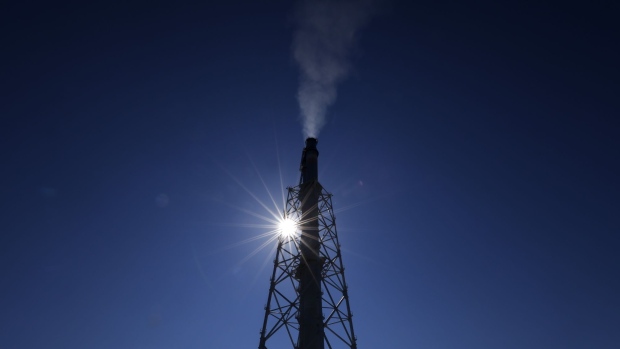Dec 13, 2022
Lackluster Asia Can Become a Key Carbon Market Hub, Trader Says
, Bloomberg News

(Bloomberg) -- Demand for carbon offsets in Asia is likely to outpace much of the rest of the world in the coming years as the region’s major polluters aim to curb their environmental impact, according to StoneX Financial Inc.
Asia’s voluntary carbon markets are “behind right now” but will quickly expand as large and fast-growing economies chase ambitious climate goals, said Alfredo Nicastro, Miami-based senior vice president and head of carbon markets at StoneX, which trades credits. The region will likely account for as much as 30% of the $1.5 billion voluntary market in the coming years, up from an estimated 25% this year, he added.
“Maybe five years from now, the biggest volume is going to be coming from here,” Nicastro said in an interview in Singapore, referring to the Asia region. “We need to see how the dynamics evolve, but it’s very reasonable to think that.”
Carbon trading in Asia has so far failed to keep up with other locations, including in compliance markets, with governments reluctant to set prices at a level that might hamper economic growth. A ton of carbon in China peaked at around $9 early this year, well below levels in Europe. Taxes in Japan and Singapore have also been set too low to persuade heavy polluters to significantly curb emissions.
Read more: China’s Carbon Market Falls Far Short of Making a Climate Impact
Asia’s markets have also been hampered by low volumes and a lack of clarity over prices, integrity and regulations, according to Nicastro. Development of better price discovery mechanisms such as benchmarks or futures contracts would help investors manage their risks, he said.
StoneX, which began trading in the voluntary carbon markets this year, expects to see its volumes of carbon credits surging to as much as 20 million tons in 2023 from about 500,000 tons this year. In two or three years, Nicastro expects his team to grow to about 15 people from four now, he said.
©2022 Bloomberg L.P.





